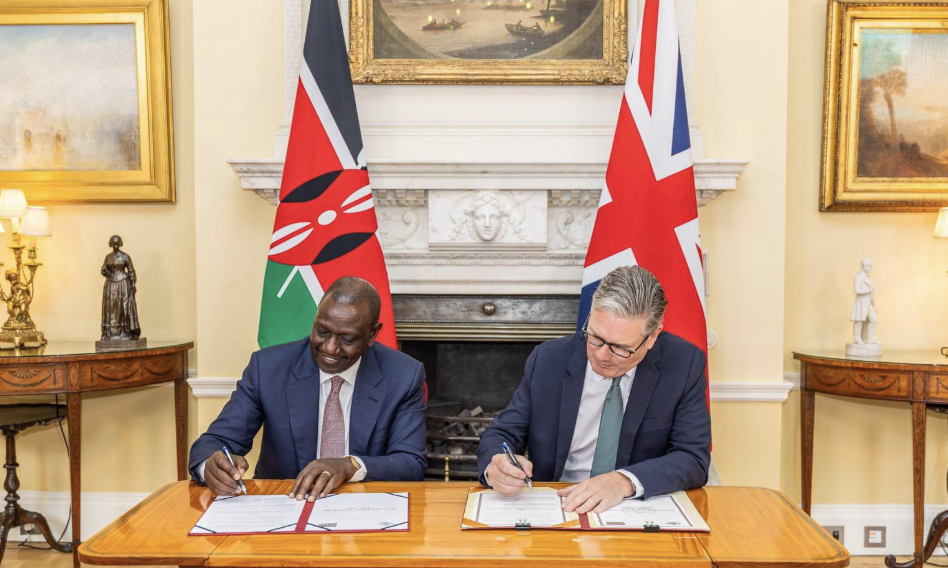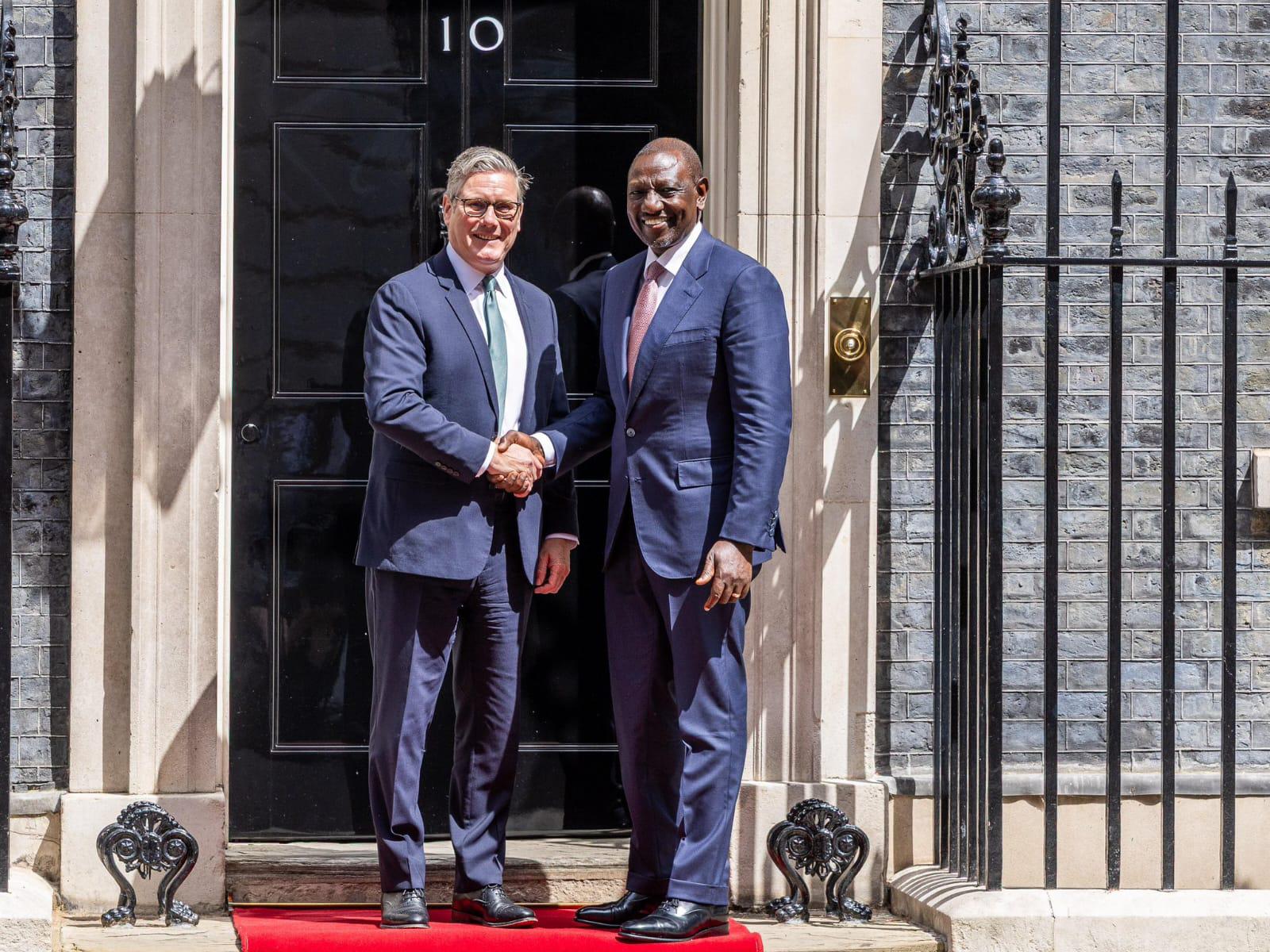
African exporters and entrepreneurs are poised to benefit from a sweeping package of UK trade reforms announced on July 10, aimed at simplifying market access and deepening economic ties between the UK and developing nations.
The reforms — part of an upgrade to the UK’s Developing Countries Trading Scheme (DCTS) — introduce key changes such as simplified rules of origin.
This allows exporters in African countries, including manufacturing powerhouses like Nigeria, to source inputs from anywhere on the continent while still enjoying tariff-free access to the UK market.
“This will make it easier for developing countries to trade more closely with the UK. This is good for their economies and for UK consumers and businesses,” said UK Minister for Development Jenny Chapman, adding that the reforms reflect a shift toward more equitable trade partnerships.
“The world is changing. Countries in the Global South want a different relationship with the UK as a trading partner and investor, not as a donor.”
The simplified rules are expected not only to encourage exports to the UK but also to bolster intra-African trade by aligning with the goals of the African Continental Free Trade Area (AfCFTA), which holds a projected $3.4 trillion in economic potential.
In 2024, the UK imported goods worth more than £3.2 billion from African countries under preferential trade arrangements — a figure the government expects to grow under the new reforms.
UK Minister for Trade Policy Douglas Alexander emphasised the developmental value of trade: “No country has ever lifted itself out of poverty without trading with its neighbours. Over recent decades, trade has been an essential ingredient in lifting hundreds of millions of people out of poverty around the globe.”

With the measures, African exporters can now use inputs from across the continent and still qualify for duty-free access to the UK.
The UK will offer targeted assistance to help exporters meet health, safety, and customs requirements.
Efforts will also be made to ease trade in services such as digital, legal, and financial sectors through future trade agreements.
The reforms are part of the UK's broader Trade for Development initiative, which supports economic growth in partner countries while ensuring UK consumers benefit from high-quality, affordable imports.
They also align with the UK's recently launched Trade Strategy, which prioritises growth through global partnerships and forward-looking markets.











